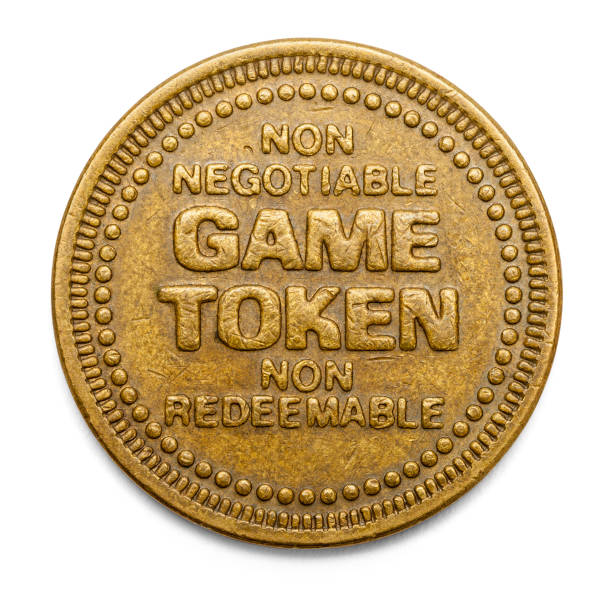Let me start with the bad news: I have been persuaded that future token contracts likely do not work.
But let’s back up. If your offshore entity[1] has not yet minted tokens but you want to get something into the hands of service providers, historically you have had two choices:
- Wait until the tokens are minted and then sell or grant restricted tokens.
- Issue restricted token units.
The tax treatment of both of these alternatives is discussed here.
What if instead it were possible to sell the service provider a right to the future token? And so the future token contract was born.
More specifically, certain law firms[2] are taking the position that you can get the rights to the future token valued[3], have the recipient pay fair market value for that right[4], and file a tax code Section 83(b) election. The election, if valid, causes no tax because there is no compensatory spread, i.e., the service provider paid full value for the property received. A second Section 83(b) election is filed when the tokens are minted/delivered. The theory is this election would also cause no tax because you would be treated as exchanging a property right worth the value of the newly issued tokens.
Future tokens tend to be valued at a significant discount to the ultimate fair market value of the tokens when they are minted. So, the benefit of a future token contract is being able to pay a lower amount for the tokens while starting the capital gain holding period and recognizing no taxable income.
Does this work?
Doubtful. Treasury Regulation 1.83-3 defines property for purposes of Section 83 to include “real and personal property other than… an unfunded and unsecured promise to pay money or property in the future.”
I have heard no good argument to date as to why a future token contract property is not merely an unfunded and unsecured promise to pay money or property in the future. I acknowledge that the right is being valued and purchased, so it feels like a property right. I’m just concerned it doesn’t amount to a property right under tax code Section 83. I have spoken with attorneys at both Pillsbury and Cooley (Bill Corcoran and Mary Maher Lewis) who share my concerns.
I would love to be persuaded otherwise, because early-on I was very excited about the possibility of future token contracts. I will update this post if I come across any helpful authority or other developments.
Mike Baker frequently advises with respect to crypto matters. He possesses a breadth and depth of experience in tax and employee benefits & compensation law that spans multiple decades. For additional information, please contact mike@mbakertaxlaw.com.
[1] The entity minting the tokens is often located in the British Virgin Islands.
[2] I have been told that both Fenwick and Goodwin believe this works.
[3] Teknos and Redwood are both valuation firms that can value future tokens.
[4] In theory you could grant a future token contract for no consideration and have someone file a Section 83(b) election and take the value into income. However, if you are going to try and use future token contracts, to try and make future token contracts seem as different from RTUs as possible, I recommend having the service provider actually pay for the right.

